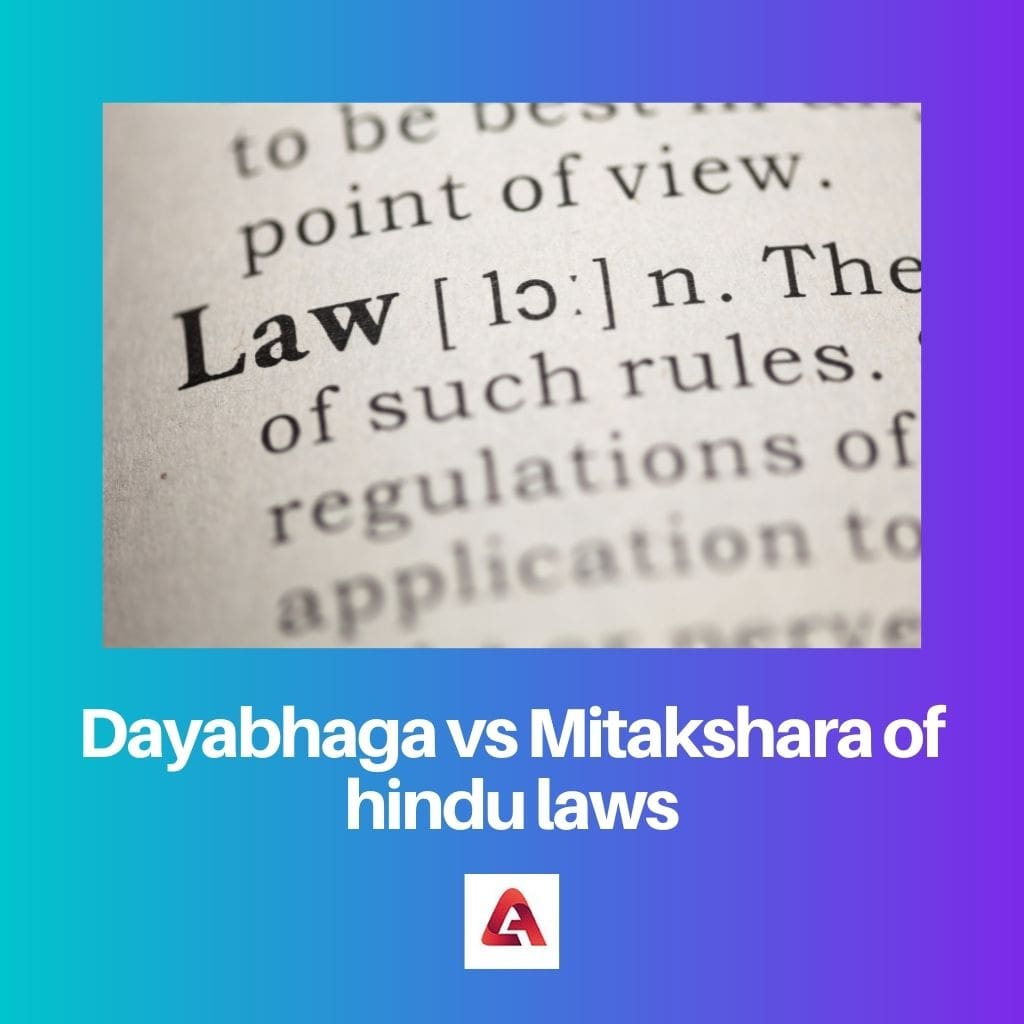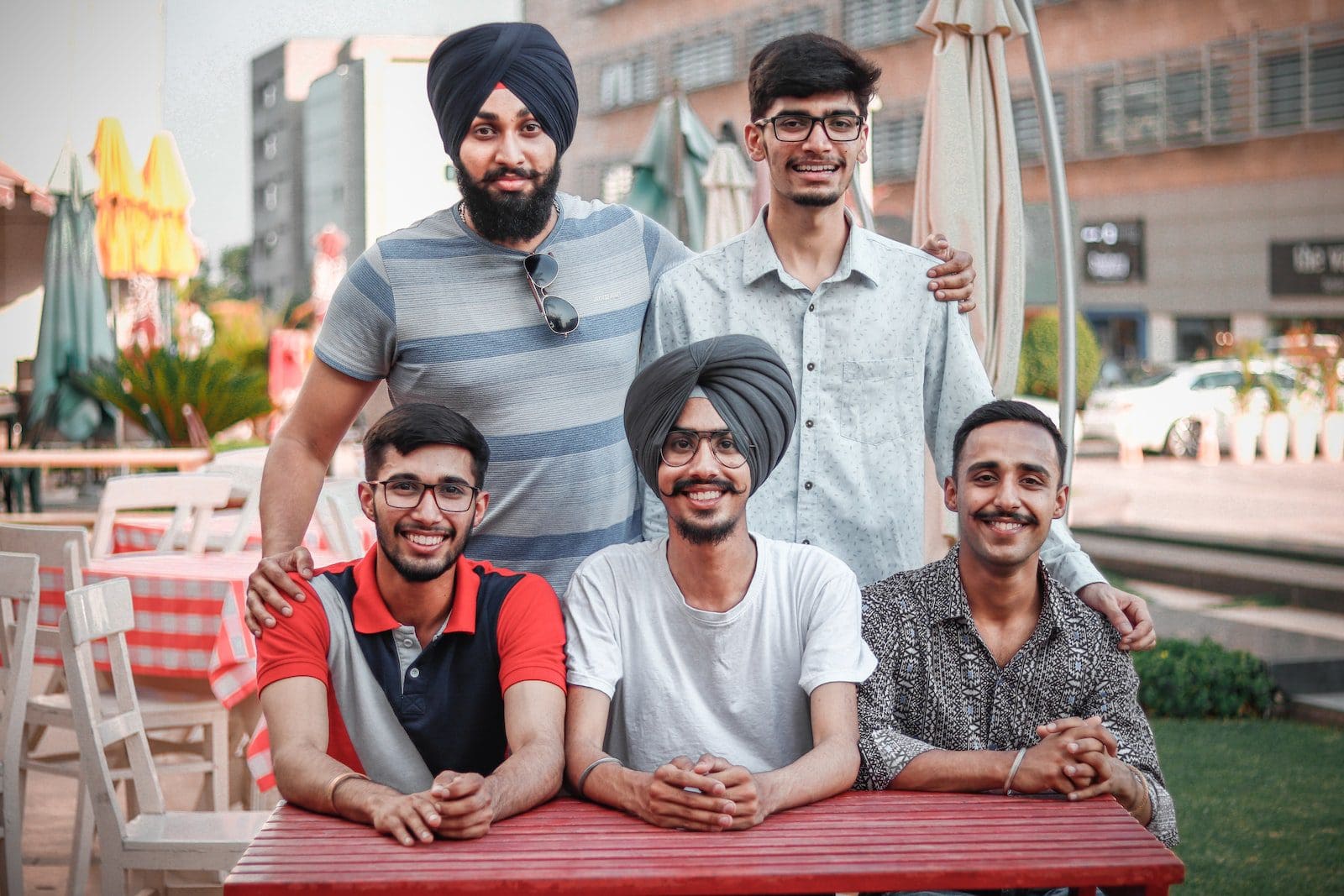One of the oldest schools of law is The Hindi School of Law. It is considered to be about 6000 years old. The Hindu people established Hindu law to attain salvation and fulfil everyone’s needs.
In other words, Hindu law was established for the overall welfare of society.
Hindu law is divided into various schools. The two significant schools among them are Dayabhaga and Mitakshara.
Dayabhaga and Mitakshara are the laws that relate to inheritance in families.
Key Takeaways
- Dayabhaga is a Hindu legal system prevalent in the Bengal region, where inheritance rights are determined based on the individual’s religious merit, and the property is divided upon the owner’s death.
- Mitakshara is a more widespread Hindu legal system that follows a birth-based inheritance system, with property rights acquired by male descendants upon their birth.
- Both Dayabhaga and Mitakshara are traditional Hindu legal systems, but they differ in their approach to property inheritance and the distribution of assets among family members.
Dayabhaga vs Mitakshara of Hindu Laws
The difference between Dayabhaga and Mitakshara is in their basic idea of them. Dayabhaga does not give anyone the right to property before the death of their forefathers, whereas Mitakshara gives anyone the right to the property just after their birth.

Dayabhaga is the school of Hindu law which states that children have no right to ancestral property before the death of their fathers. Mitakshara school of Hindu law says the son acquires the right to the ancestral property just after birth.
Comparison Table
| Parameters of Comparison | Dayabhaga | Mitakshara |
|---|---|---|
| Joint family system | The Dayabhaga system considers both the male and the female of the family. | Mitakshara school considers only the male members of the family under the joint family. |
| Right to property | In Dayabhaga, children have no right over property by birth and arise only after the death of their fathers. | In the Mitakshara system, the son, grandson and great-grandson acquire the right to property by birth. |
| Partition | The Dayabhaga system considers a physical separation of the property and giving property partitions to their owners. | Mitakshara system does partition the property only interns of shares. |
| Rights of woman | It gives women the right to stridhan and the equal right to husbands’ property. | Women have no rights and can’t demand partition. |
| Features | Liberal, Right to Individuality, found more in modern times. | A Conservative but more reliable system. |
What is Dayabhaga?
Dayabhaga is the inheritance law based on the principle of spiritual benefit. It was formulated to eradicate the absurd practices related to property inheritance.
Dayabhaga is a famous Hindu belief practised mainly in West Bengal, Assam, Jharkhand and Odisha.
Dayabhaga is believed to be written between 1090 and 1130. In legal terms, Dayabhaga is a treaty dealing with the aspects of Hindu laws, majorly relating to inheritance.
Dayabhaga gives a well-defined share of the property to descendants.
Dayabhaga is a system in which the sons have the right to the property of their fathers only after the father’s death. Only under exceptional circumstances does the son have the right to the property before the father’s death.
Dayabhagagi gives women the right to stridhan, they have an absolute right over it and can use it without their husbands’ consent. It also offers widows the right to property over their husband’s shares.
Dayabhaga being a liberal school of Hindu law is primarily found in modern societies. It is also known as a progressive school of Hindu law. It gives an individual the right to individuality.

What is Mitakshara?
The Mitakshara school of Hindu law is better known as the “Inheritance by birth”. Mitakshara gives the right to the father’s property to a son just as the son is born. Mitakshara school of Hindu law is practised in all states of India except Assam and West Bengal.
Mitakshara is believed to be written between 1055 CE and 1126 CE by Vijnanesvara. Some of the most important chapters of Mitakshara include property rights, property distribution, and inheritance.
Mitakshara considers only the male members of the family under the joint family system. The males of the family have complete hold over the property.
Even though Mitakshara is a system of inheritance of property but it does not give hold of the physical property to the individuals; it only gives them a share percentage of the property they hold.
Mitakshara school does not give any rights to females or wives; they don’t have any share in the ancestral property, and only the mothers have the right over their son’s share.
Widows only have the right to maintenance of their husband’s property, but they can’t have a claim over it.

Main Differences Between Dayabhaga and Mitakshara of Hindu Laws
- The joint family system in Dayabhaga considers both the male and the female members of the family, while Mitakshara considers only the male members.
- Dayabhaga school does not give the right to property by birth, while Mitakshara gives an individual the right to property by birth.
- The Dayabhaga system considers the physical separation of the property, while it is not so in the Mitakshara school.
- The Dayabhaga school gives some rights to females, while the Mitakshara school does not give any rights to females.
- The Dayabhaga system gives one the right to individuality, while Mitakshara gives no such right.
- The Dayabhaga school is more liberal, whereas the Mitakshara school is more conservative.




